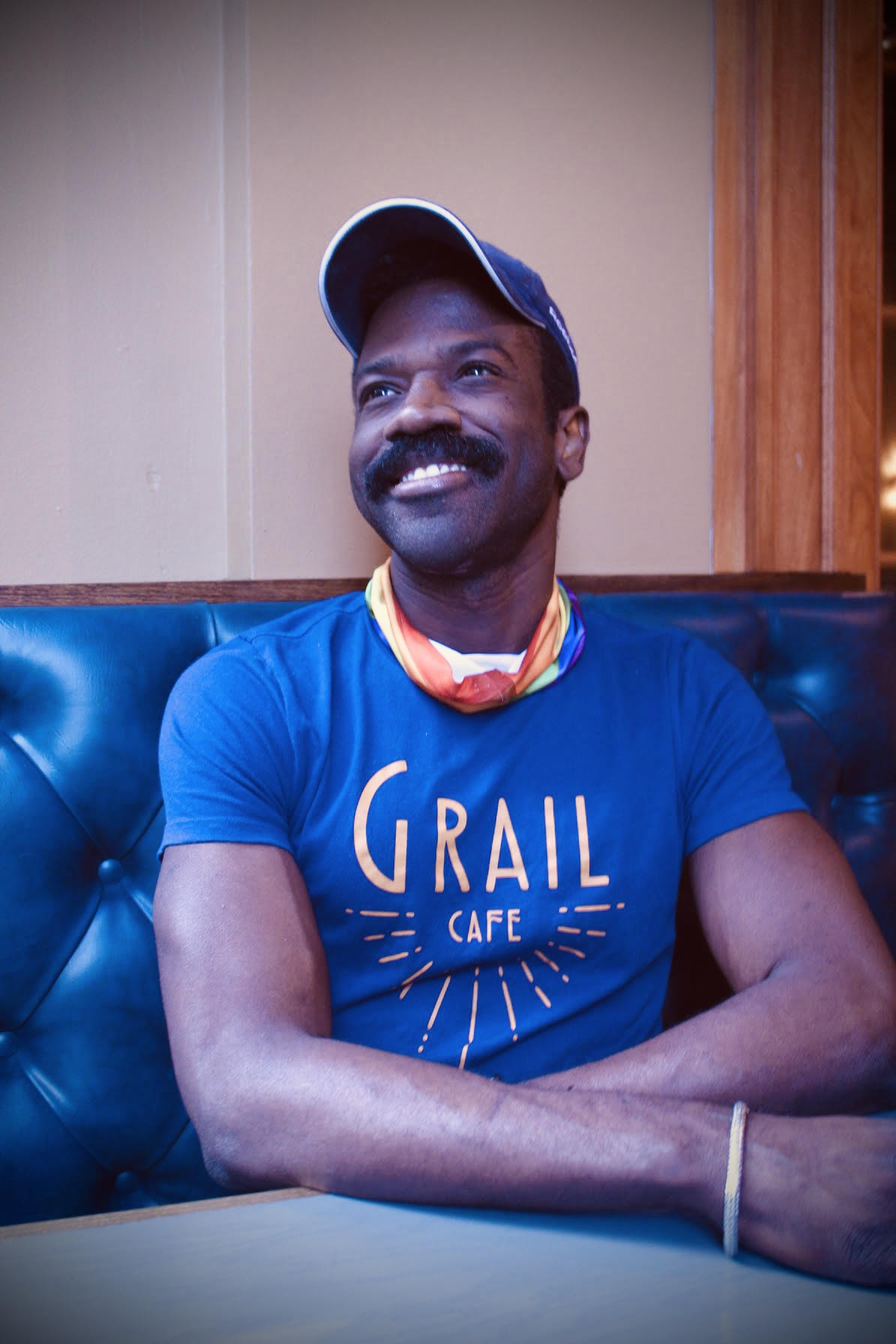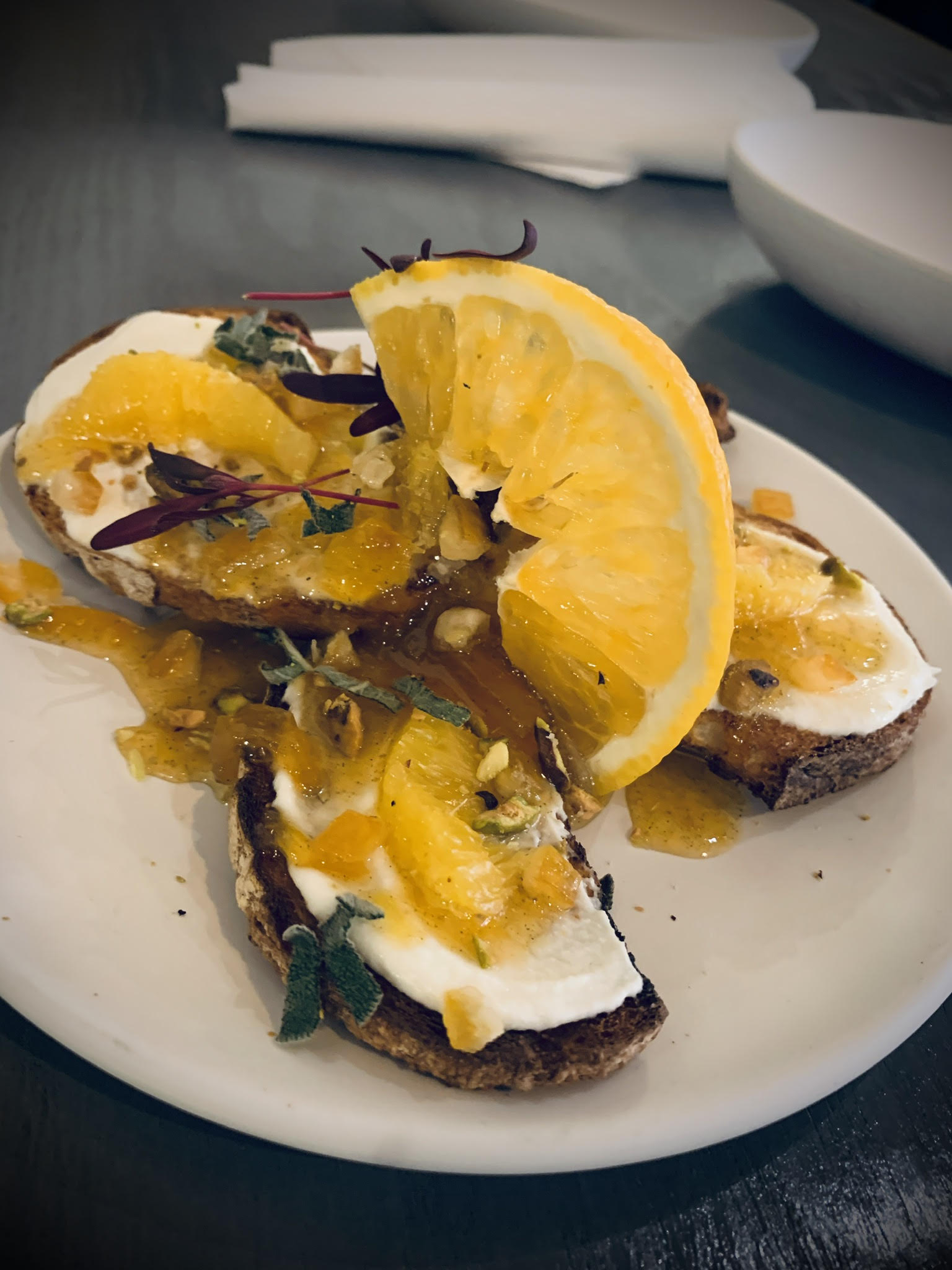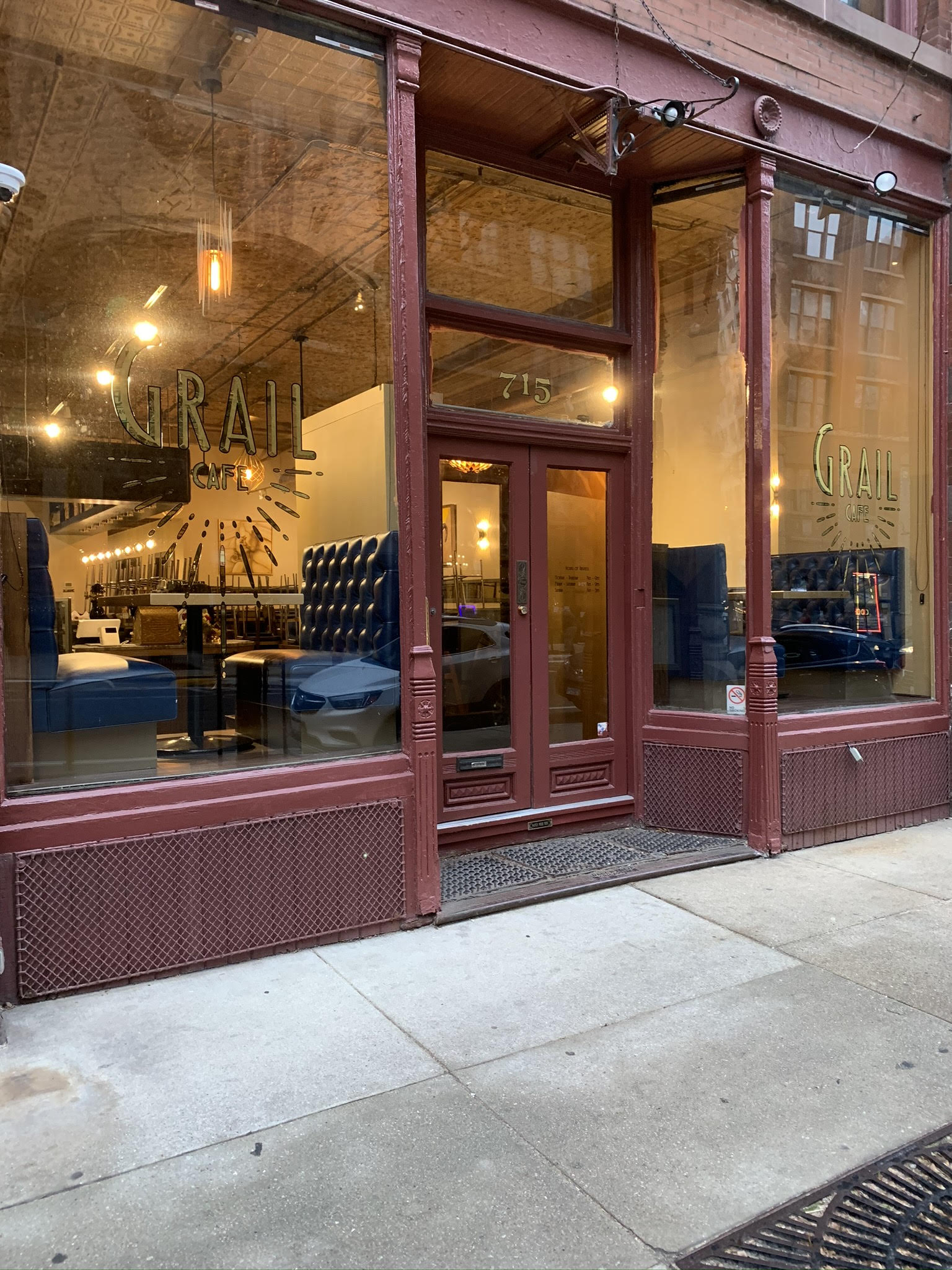Sheldrick Holmes
Click here for Holmes’ Your Story from earlier in the pandemic.
“I opened Jan. 1, 2020. Our first day, we had 353 people come through. It was so amazing. Then the second day, we had 300 people, so that was really exciting. For those first two and a half months we were really doing well. Then we had to shut our doors on March 15.”
“We had to close down, but I just got started.”
“I spent so much time in a survival mode. It was all about adaptation and overcoming and trying to figure it out, like so many of us were doing in the early part of the 2020s.”
“Explaining to my employees the external rule changes coming down from the state and city government and how they’re going to be implemented into our everyday operations was a challenge.”
“We had to adapt day-to-day, one day enforcing masks, then making posters and updating them, too. We spent a lot of time trying to find the best way to communicate the rules.”
“As a business owner, I think the pandemic responses were too built within the bureaucracy of the system of government, which is has too many layers to get necessary approvals. In a state of emergency, you cannot have that.”
“The government has so much information from these businesses in records. We file so many forms for our licenses, taxes, etc. They have our information, but yet to get aid, we almost had to refile as if we were a new business. We had to do everything all over again with the city, multiple different times to get a result. I think those multiple layers caused so much unnecessary work.”

“So many of those businesses could have actually been saved if the government had a quicker way for them to be able to apply and receive their money.”
“The difficult part was that there was a lot of money that was out there. And it was pulled a lot of different ways. I don’t think we will really know, unless there’s an audit, where this money actually went. I think a lot of it was misappropriated.”
“On the government level, there was no kind of intuitive thinking of how we could do this quicker, better, smarter. Everything had to be put through the existing system, and that hindered a lot of businesses, because there were a lot of us hoping and waiting for money to come. Many of us didn’t know if we were going to actually be able to stay open to the next week or the next month.”
“Each application took anywhere between two to five hours of getting the information and deciding which application to apply for within the timeframe. And that’s a lot of work for a business owner after pulling an 11- to 12-hour shift, dealing with scheduling, ordering, trying not to forget to live and sleep. So there were opportunities we would miss, too, because it was too much to carry, running our business and trying to get help.”

“That part was very, very, very exhausting. At a certain point, I didn’t even want aid. I actually just wanted to be open and work. I wanted to live and die on my own. I felt like they should just let me be open, let me work. I wanted to hustle like we had pre-COVID, and see how far I made it. And that just wasn’t the story.”
“In the almost two years we were open, I think we never had more than two months where we could just be completely open with indoor dining and regular service revenues.”
“I knew when the Delta kind of came through and more mandates came down, just based on my numbers, that there was no way that I was going to be able to survive it. And that kind of happened in September 2021. So I rode the wave and held on as long as possible to try to hit that two-year mark.”
“I started to let staff know and cut down the last few months. The last couple weeks we were running with about four people and myself. It was difficult because you’re kind of hoping for some Hail Mary miracle, or shot in the dark, but you kind of have an idea of what’s coming. We closed our doors November of 2021.”
“I hope people carry with them a continued appreciation for their service staff and everything they’ve been through. One of the greatest things I really take from being a pandemic restaurant is the atmosphere of gratitude. I was so grateful for the customers coming in and keeping my business open, allowing me to live my dream. And they were so grateful for me for actually just being there.”
“I loved those stories from customers about how the Grail Café was the reason they could leave the house, get their coffee and pastries to go in the early days of the pandemic. That it meant something to them that I was open every day. And we got through this together.”

“Going through the last two years has allowed me to build internally. I am a stronger person because of it. My financial hardship due to losing my business is great, but my spiritual self is richer than I was before because I survived.”
“I won because I opened a business and I kept it open.”
“I’m not going to give up on Chicago, but maybe I’ll just choose another area to serve and kind of re-experience the city from a new perspective.”
“Something about the city that I’ve always enjoyed is that you can actually grind your way to where you need to be. And because I’m in like grind mode right now, I’m looking internally to see what I can improve upon in the city.”
“The people that are in the city are what makes the city, so I’m going to take some ownership, to work on making the city better. I’m going do a little bit more of that and see where it takes me.”
“I still love Chicago.”
Sheldrick Holmes
Former owner of Grail Café
Chicago, Illinois
Have a story to share?
Tell us how a state or local policy affects your life.
If we decide to feature your story, one of our writers will reach out to you directly.